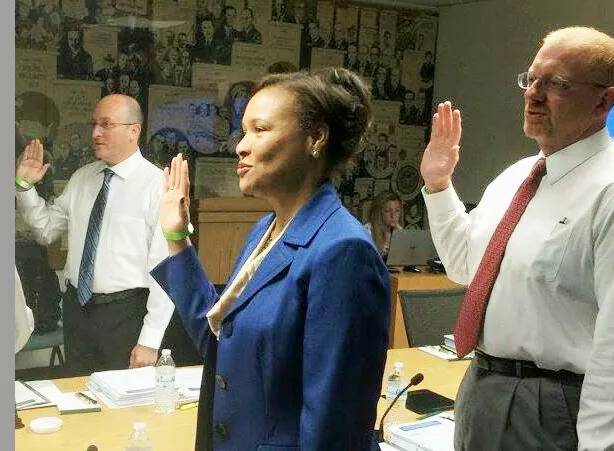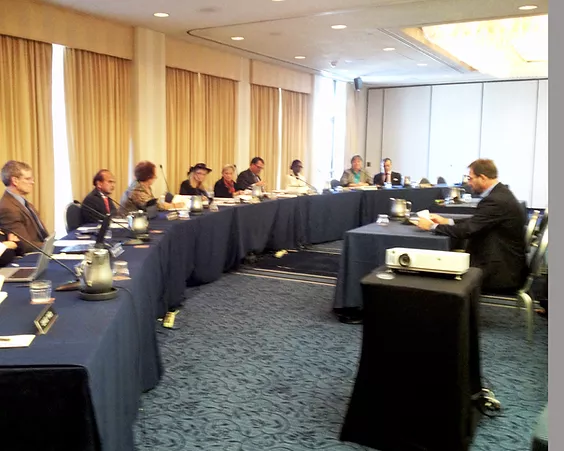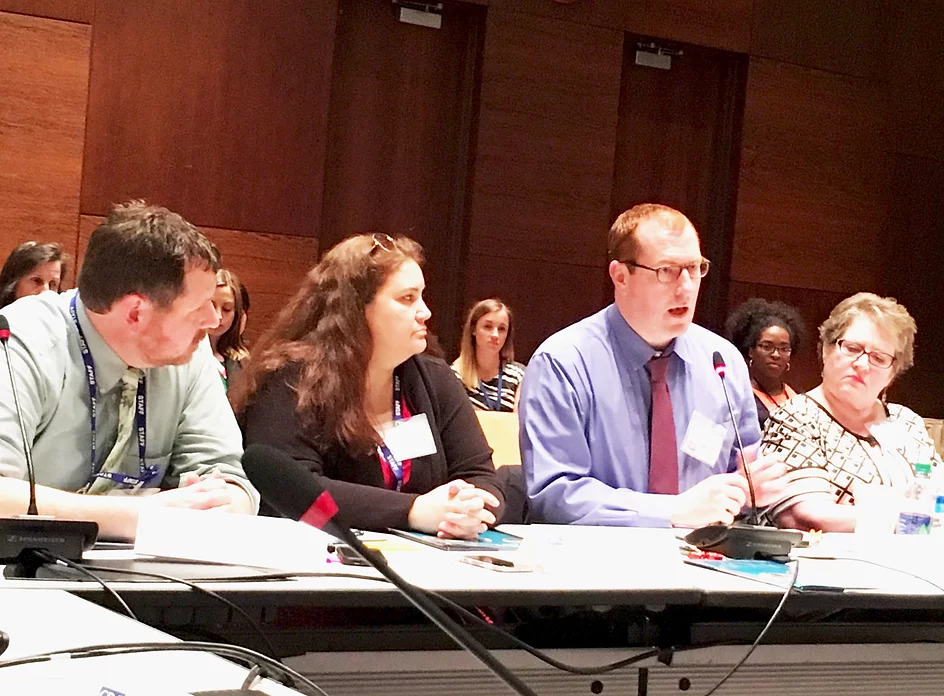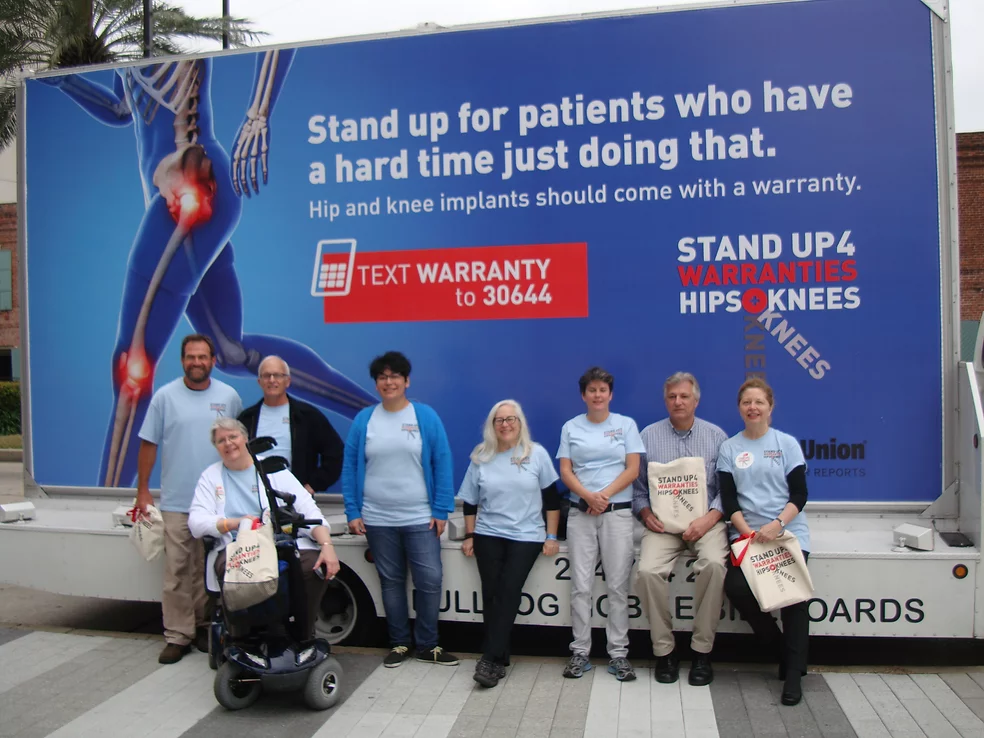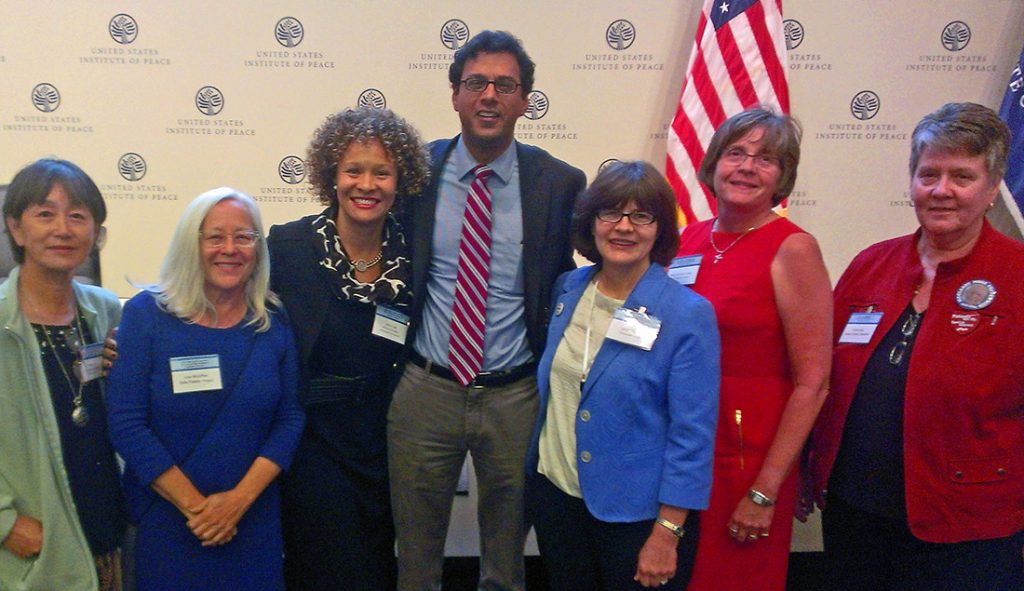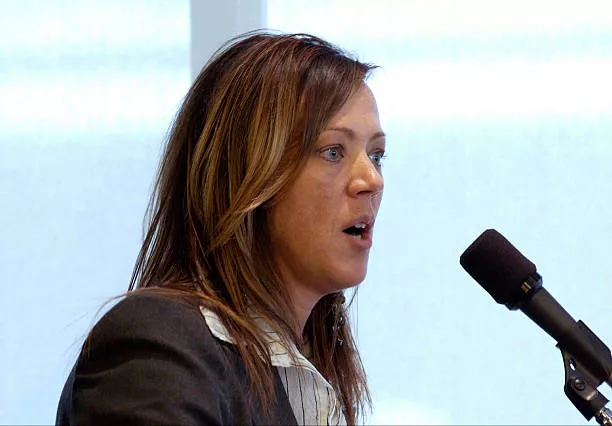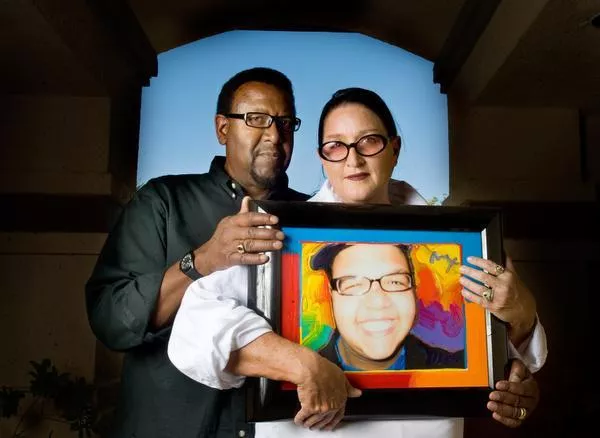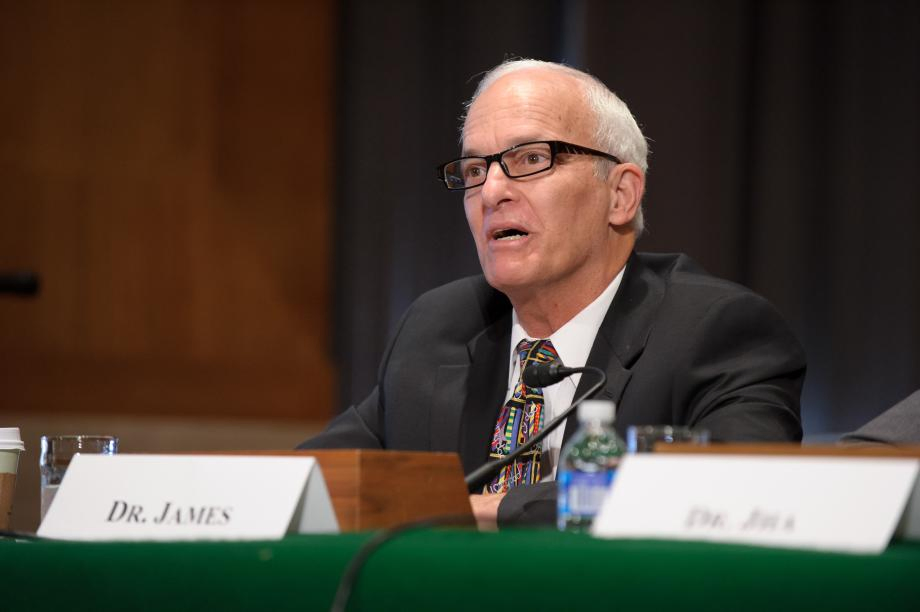History
Background
The Patient Safety Action Network (PSAN) is a coalition of individuals and organizations consisting of medically harmed patients, their loved ones, and concerned advocates. For more than a decade, we have worked individually and collaboratively on issues relating to healthcare-acquired infections, medical errors, holding doctors accountable for misconduct and harmful care, and the safety of prescription drugs and medical devices.
The journey that led to this movement began with the Safe Patient Project at Consumers Union, the policy and mobilization arm of Consumer Reports. CU regularly brought us together for lobbying, networking, and trainings — creating a cohesive community of advocates who speak up for harmed patients in the media, at state and Congressional hearings, before medical boards, and state and federal health agency proceedings.
In April 2015, a group of us met in Austin, TX, with a facilitator to begin developing a plan for expanding and strengthening our network. We wanted to engage more people in our work and expand our effectiveness. We decided to work toward creating a new, more visible coalition that is patient driven and patient led. This work laid the foundation for this Patient Safety Action Network.
Accomplishments
Over the years we have demonstrated our commitment to work on behalf of and with patients at all levels of governing and healthcare delivery. Some of us are nationally recognized advocates and experts speaking up for patients.
Some of us have formed our own nonprofit organizations; created Facebook pages to discuss specific and general patient safety issues; written books about our experiences with medical harm; and had our research published in peer review journals. We have spoken at many national meetings, developed and participated in training using our stories for doctors, nurses, and medical students at our local universities and for federal agency training sites. We educated the public on patient safety at health fairs, public events, and music concerts.
We serve as consumer and patient representatives on advisory and decision making committees: state hospital infection committees (TX, CT, CA, OH, SC, OR, RI, NH, VT, CO, WA, ME), FDA committees, state medical boards (NY, CT, WA), nurse boards, National Quality Forum committees that evaluate and endorse quality measures, technical advisory committees for Medicare policies, the federal Council on Combating Antibiotic Resistant Bacteria; and on national patient safety organization boards.
Specific Accomplishments
- Passage of state legislation to: require hospitals to publicly report infection rates; require medical boards to post information online about physicians and other healthcare providers (CO, CA); require all state regulatory boards to provide explanations on their decisions and to guarantee the right for patients to submit impact statements in all medical discipline process (WA); require Critical Congenital Heart Defect Screening (PA); require signature of a patient/representative on informed consent forms for antipsychotic drugs in nursing homes (CA); require reporting of preventable adverse events (TX, NV); give patients direct access to hospital emergency response teams (SC); defeated a bill that would have eliminated the existing reporting requirement on infections from hip/knee implants and cardiac surgeries (WA); defeated a bill that would make certain disciplinary actions by state medical board confidential (WA); worked on legislation to require doctors on probation to notify their patients (CA).
- Successfully convinced the state to audit the WA medical board for its lack of transparency; the audit report prompted the board to take actions to increase its outreach and visibility to the public (2014-2016).
- Participated in meetings organized by the Centers for Disease Control to bring consumer activists together with scientists to discuss healthcare-acquired infections, sepsis, and antibiotic resistance in 2010, 2012, 2016 and 2017.
- Lobbied Congress supporting a national infection reporting system; safer medical devices (2012); creating a National Patient Safety Board (2014); preventing the spread of superbug infections and overuse of antibiotics (2016); publishing hospital and surgery center accreditation surveys (2017); and opposing the 21st Century Cures Act to retain thorough review of new drugs for safety and effectiveness (2015).
- Tracked the work of state medical boards to focus more on public protection and effective accountability from physicians who have violated the terms of their license and harmed patients.
- Lobbied orthopedic surgeons at their annual meeting to support warranties for hip and knee implants (2014).
- Provided consumer voices at HHS national meetings on its National Action Plan to Prevent Healthcare associated infections (2008, 2010, 2011, 2012, 2013).
- Participated in and presented at Partnership for Patients meetings, events and activities.
- Reviewed applications for PCORI grants.
- Recognized as leaders in the Patient & Family Engagement-Caregivers Action Network
- Our stories have been featured in major patient safety articles in USA Today, Modern Healthcare, Consumer Reports, Los Angeles Times, Reuters, Seattle Times, and many more local and state news articles.
- Organized and presented at a major national conference, Selling Sickness (2013)
- Invited to the White House to participate in meetings on initiatives relating to antibiotic resistance and quality of care.
- Organized and spoke on a SXSW Panel discussing ways to collect patient reports of medical errors and infections. (2017)

